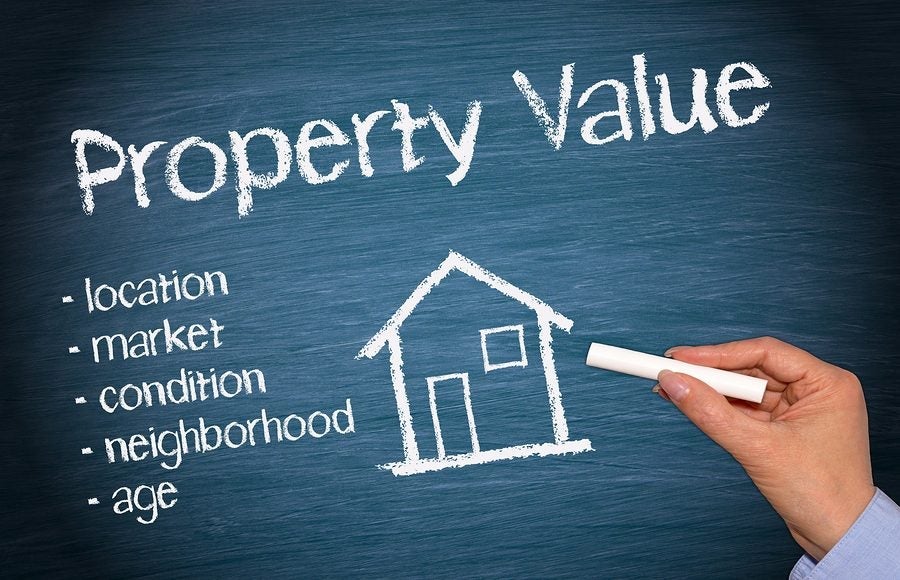
Many factors play into the ebb and flow of real estate trends. It’s important to understand how these factors affect the market in order to be as successful as possible in the investment world.
Below are the most common factors that drive the residential real estate market.
Real estate ownership makes up a good deal of many people's wealth. The sheer size and potential profitability of the real estate market make it an attractive sector for many investors. Many investment opportunities abound in the real estate market, and the following five factors are what drive the market and its availability of investment opportunities.
Economy
As with anything else, the health of the economy drives the value of the real estate market. If the economy is sluggish, the real estate market will be as well. Having said this, it's also important to mention here that economic influence also depends on the type of real estate investment you have or wish to invest in. For example, if you have invested in hotels, you might notice an economic downturn more so than someone who has invested in commercial office space. People typically avoid things like hotel rentals and other “luxuries” during times of hardship, whereas office space rental is usually bound by a long-term contract that is very difficult to get out of even when the economy is bad. For this reason, it's just as important to consider the type of investment you get into as well as how well the economy is doing or is projected to do in the near future.
Government Incentives
During times of economic downturn, the government sometimes implements incentives to boost the economy. In 2009, for instance, the Federal Government instituted a first-time home buyer tax credit that prompted 9,000 new home sales between 2008 and 2010. As an investor, it pays to keep abreast of these government incentives and take advantage where you can.
Demographics
Demographics refer to the information that makes up a specific portion of the population. Age, race, migration patterns, gender, income, and population growth are all factors that affect real estate markets in any given area. These statistics can influence real estate investment opportunities for many years, so it pays to learn all you can about the population in the area you are considering purchasing real estate in order to predict upcoming market trends.
An example of how demographics affect the real estate market is the baby boomers generation. Baby boomers were born between 1945 and 1964, and as they began reaching retirement age around 2010, there was a definite change in the real estate market. Factors that contributed to this change included demand for second homes in popular vacation spots, as well as the demand for larger homes as children reached adulthood and moved out. From an investment standpoint, these factors help narrow down the location and type of real estate most likely to be a successful opportunity.
Interest Rate
It really goes without saying that high interest rates deter real estate sales. This is because changes in interest rates greatly affect whether a person can afford to purchase real estate or not. If you’re buying a home with a mortgage, it's best to research interest rates using a mortgage calculator. As interest rates drop, the cost of obtaining a mortgage goes down. This, in turn, creates a higher demand for real estate, which causes prices to climb back up. It's a vicious cycle, but paying attention to market trends and knowing when to buy is key to getting a good deal on any real estate investment.
Other Factors
All of the factors listed above have a large-scale impact on the real estate market. From an individual standpoint, many smaller factors also impact the market as well.
Property location: where a property is located directly impacts its worth. For example, the quality of the neighborhood, the quality of the schools, and its proximity to employment opportunities and shopping/recreational centers directly affects a property's attractiveness.
Upgrades and updates: some investors purposely seek out properties that need fixing up. However, many potential buyers prefer a home that's move-in ready. Whether a property needs work or already has modern updates and upgrades influences buying decisions.
Comparable properties: real estate agents and appraisers look at other properties in the neighborhood with similar features as the one you're considering. Recent values and sales of these properties help determine the value of your property. Foreclosures and short sales have a negative effect since they usually sell for less, which drives down the neighborhood's overall value.
When it comes to investing in real estate, it's important to pay attention to the things that drive the market. Once you have a handle on what affects the value of a piece of property and why, you'll be able to make better buying decisions that ultimately succeed and bring in profit.
- Justin
